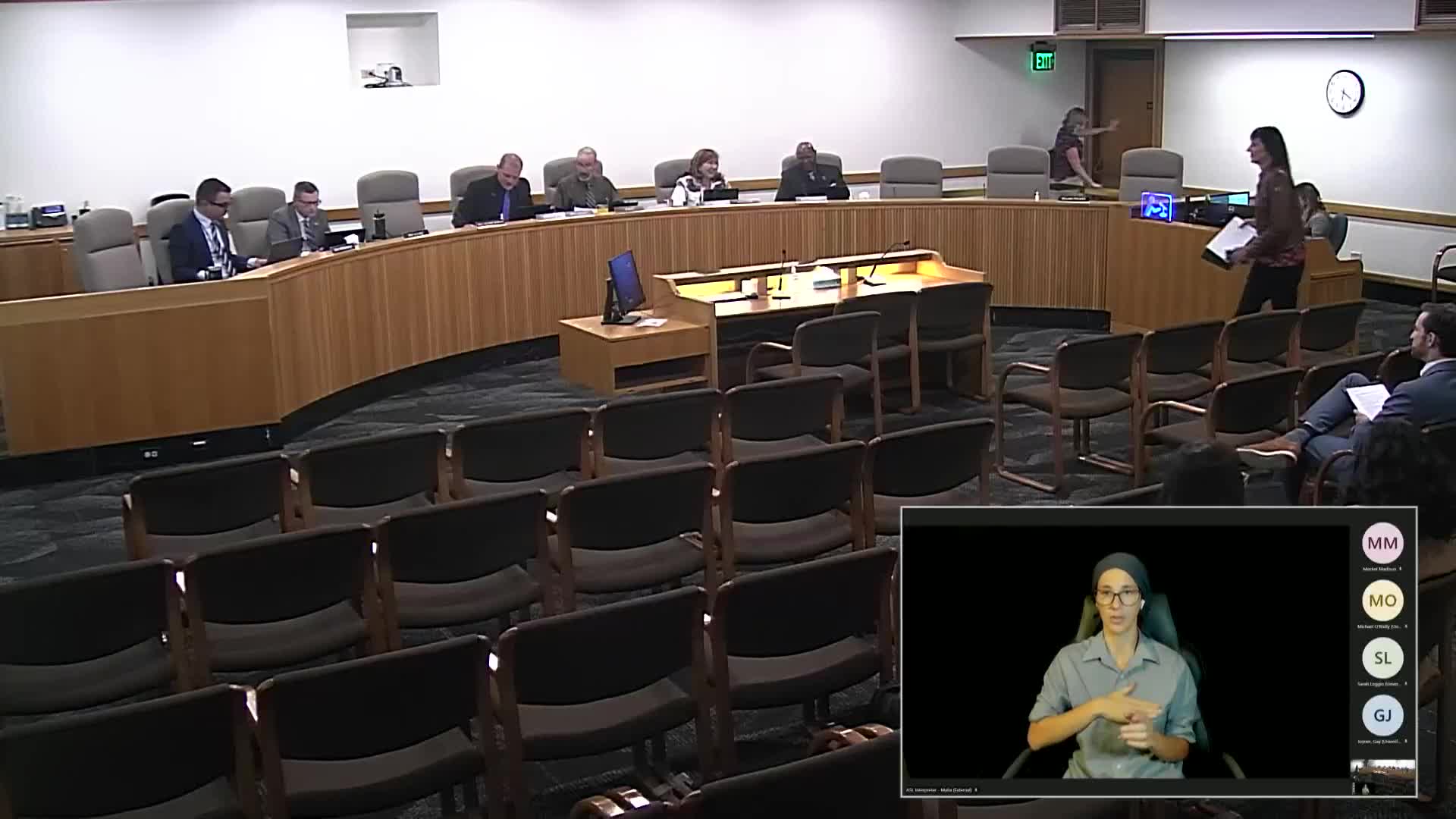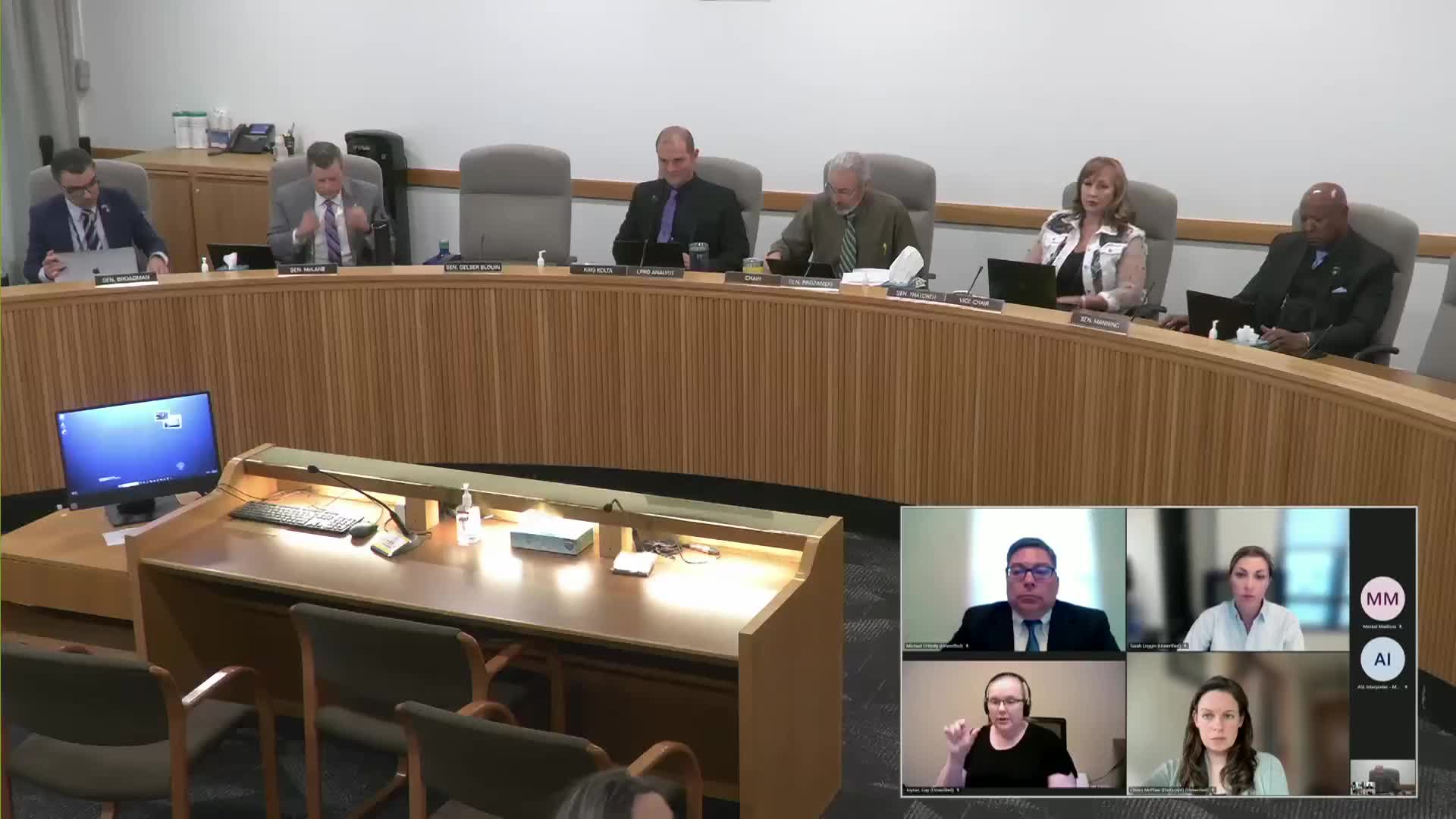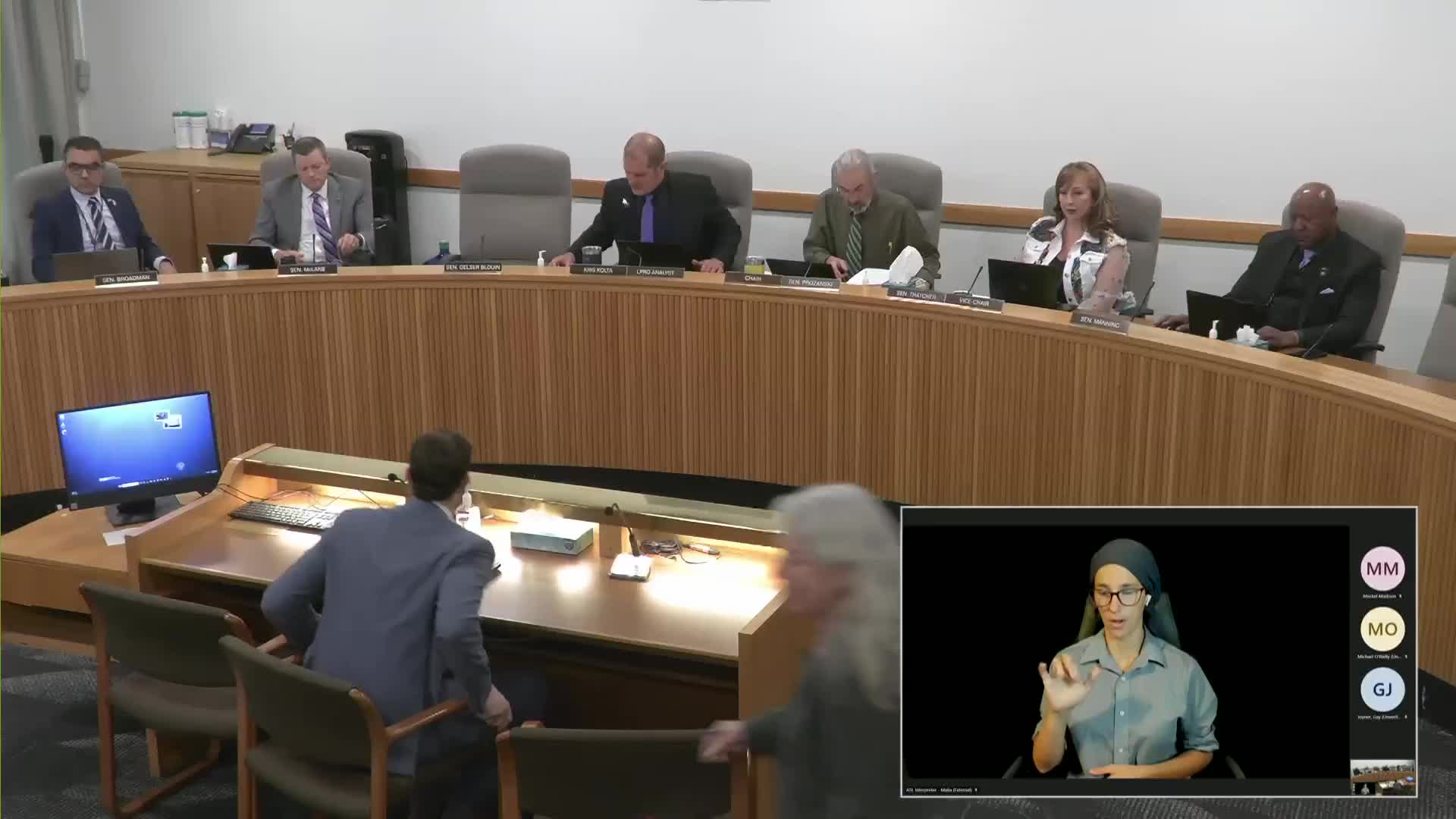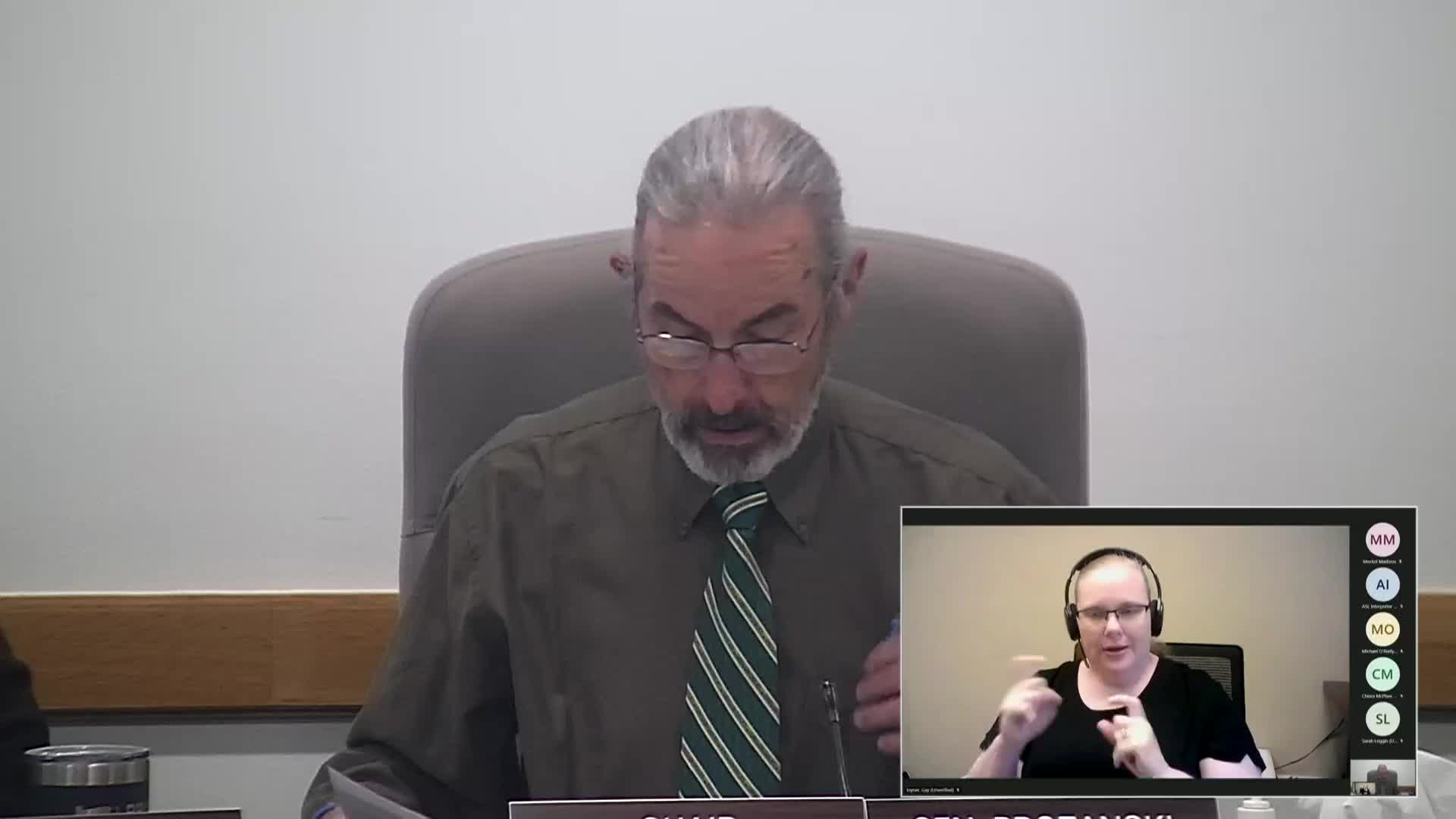Article not found
This article is no longer available. But don't worry—we've gathered other articles that discuss the same topic.

Bill would define ‘immediate danger’ for child-protective temporary orders, sponsors say

Panel hears bill to require headlights when wipers are on or in fog to reduce crashes

Committee considers HB 3605 A to make home‑solicitation violations enforceable under state consumer-protection law

